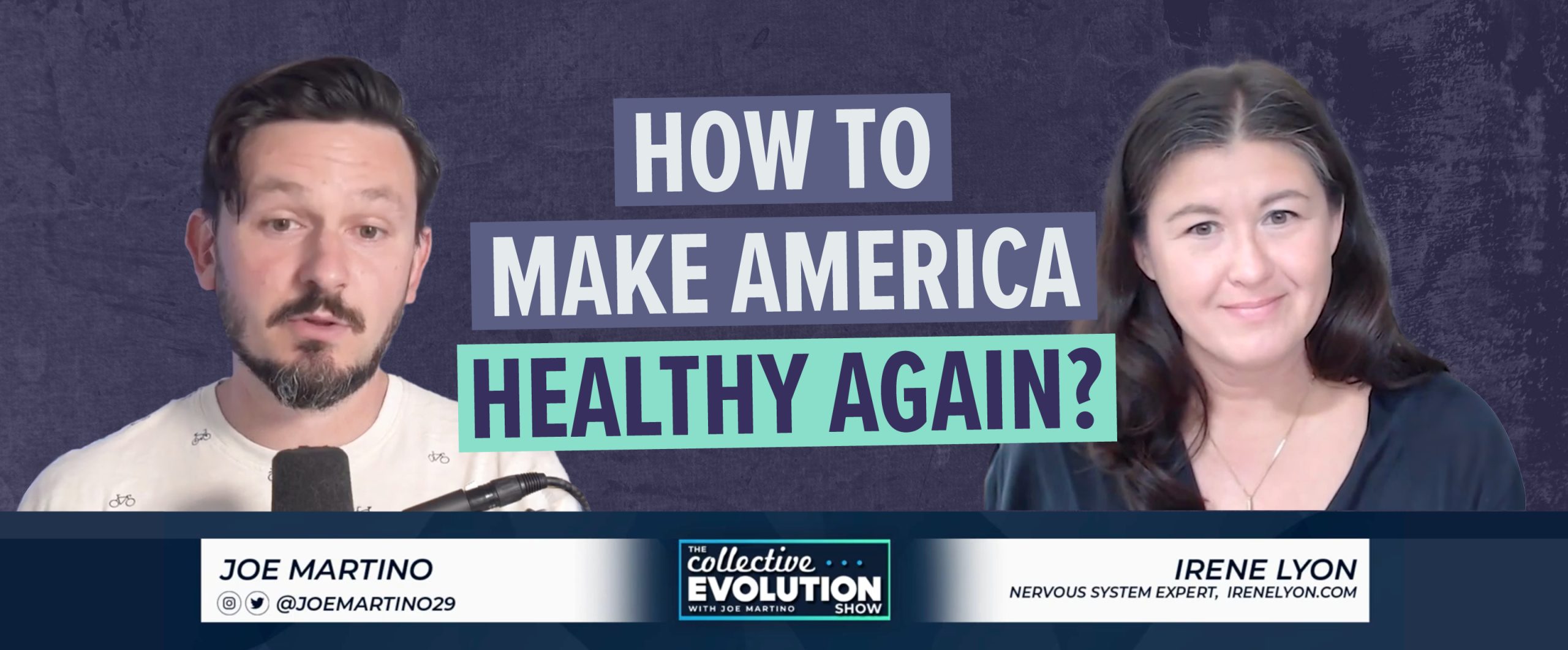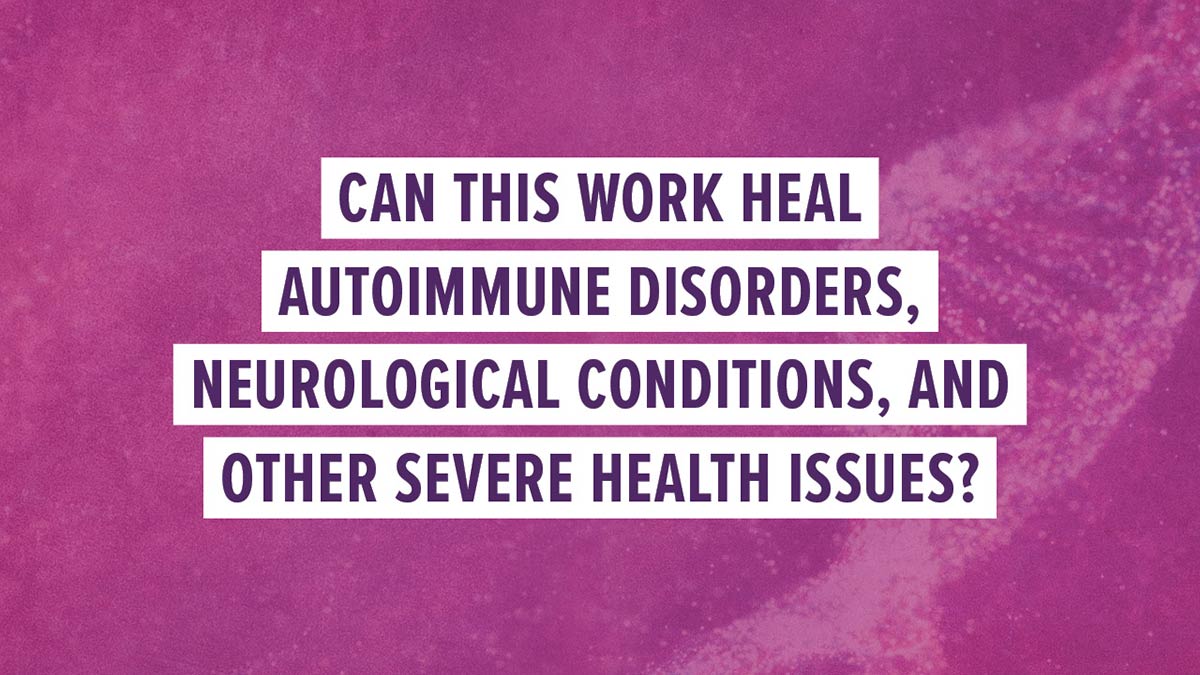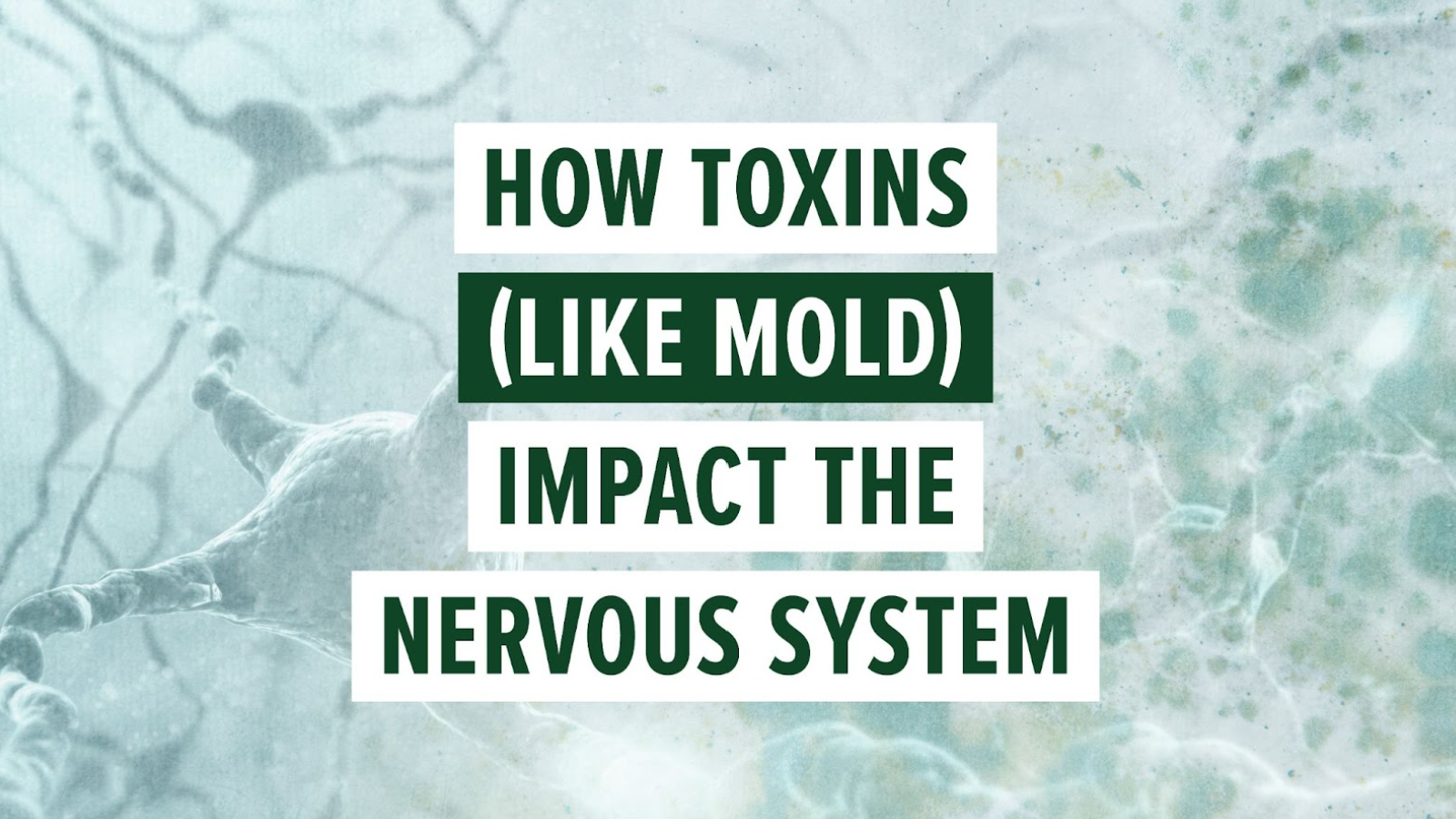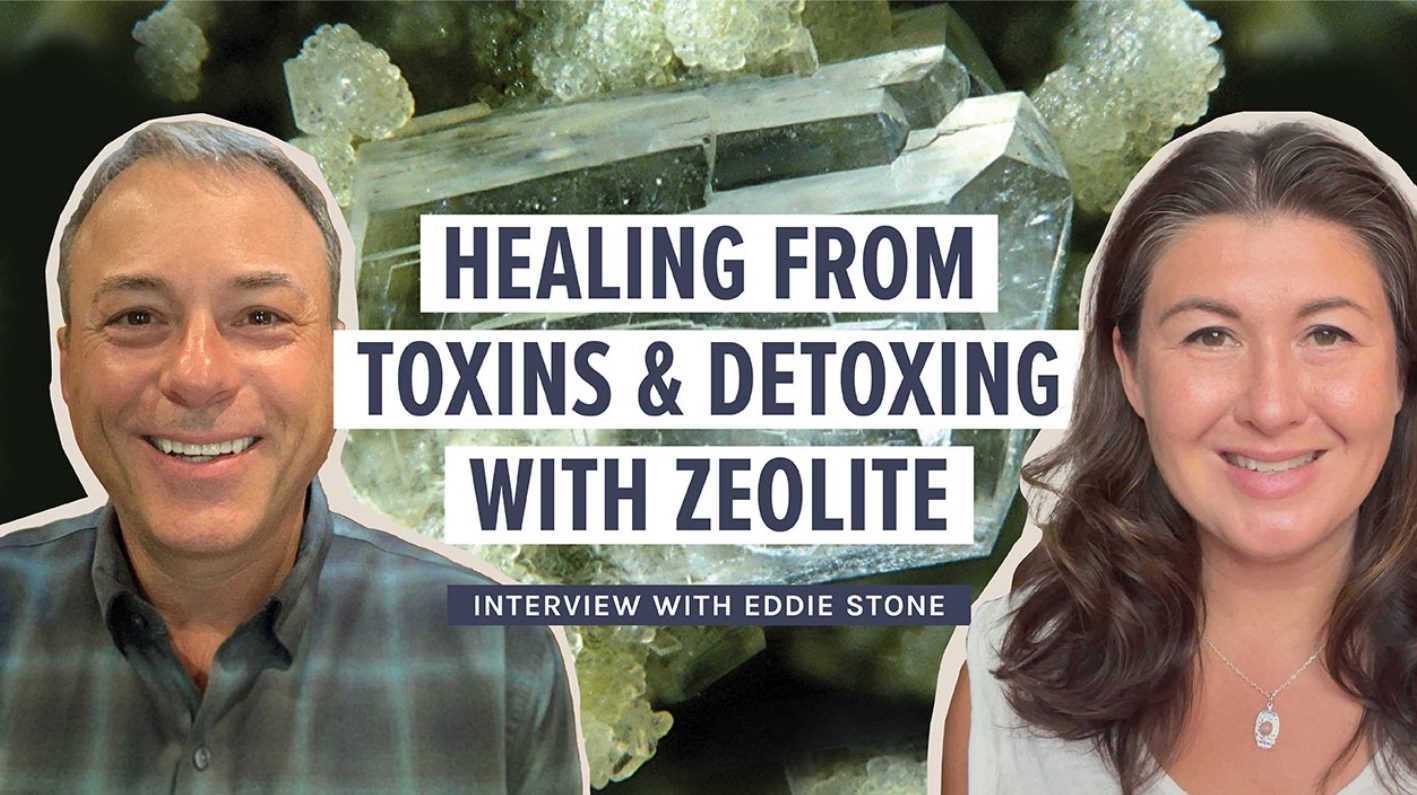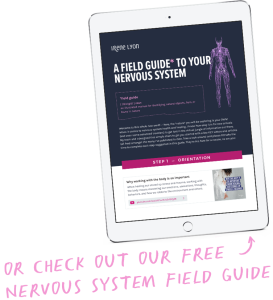Think about this for a moment: we all need air and water to survive.
Brain damage occurs if you don’t get oxygen to your brain and you can only survive for so long without water. You need oxygen and water for the metabolic processes in your body and without either of them survival time is greatly reduced.
Now, if we were to drink water that has been contaminated with poison or breathe air that has been polluted with major toxins, it may kill us. However, it’s not the actual air or water on its own that is deadly, it is the toxins that are in it that will harm us and produce devastating effects.

On the other hand, it is possible to breathe air that has been polluted for quite some time and it is possible to drink water that has been contaminated with heavy metals for a while before realizing there is a problem with either. You may also go a while before noticing any signs or symptoms from those toxins.
Much like air and water, your nervous system is something you also cannot live without. It is an essential superhighway of nerves that govern so much in your body.
Just like pollutants and toxins affect the air and water, there are also elements that pollute your nervous system and cause it to go into shutdown mode. Life stresses and events such as traumatic accidents, injuries, etc. can be harmful to your body and, at times, so severe that shutdown mode can occur within seconds.
For example, a massive accident can put your nervous system into shock almost immediately just as a major assault to your personal safety can also shut you down to the point of not being able to move or defend yourself.
There are also some stressors that affect your nervous system slowly and over time. These stressors leave your system running in the ON position ever so slightly. Not so much that massive, physiological consequences occur but enough that your body, over time, will feel the effects of this state.
For example, studying for exams for lengthy periods of time can be incredibly stressful and can keep you in a state of low level adrenaline that is needed to get the studying done.
A breakup from a loved one can create a constant state of stress until the initial grieving period has lessened.
Similarly, an unfavourable circumstance, such as living in a home environment with unsupportive people, which happens for many children as they are growing up, can place constant duress on the nervous system’s stress responses so the system always feels a bit taxed.
If we go back to the air and water analogy, your nervous system is similar to the air and water.
Air and water are both essential and you can survive with the quality of both being less than optimal for quite some time. The same goes for your nervous system. Your nervous system can be slightly off, and not in good regulation for a long time, before you notice the ill effects.
Your body can handle some water or air pollutants from time to time and, if you have a healthy body system that can detox and excrete the pollutants, you’ll do OK. However, if you have a weakened detox system (our kidneys, liver, digestive system etc.), those pollutants might not completely exit from your body. If this happens, the air, water and what is inside of it can harm you.
The same happens with the nervous system.
Some people can have a pretty big life stressor occur (a car accident, for example), and they bounce back really fast, whereas another person who is in the same car accident might not bounce back as quickly. The reason for the difference in the healing response, if all things are equal in terms of their post-accident rehab etc., isn’t so much the stressor — the car accident in this case — it is how healthy the nervous system was before the accident and how much stress was already sitting inside the nervous system. I like to look at this in the following way: how full was their “stress cup” prior to the stressor? Was it fairly empty or was it overflowing with stressors that hadn’t been resolved and taken care of?
The amount of stored traumatic stress already in the system will dictate how successful the healing is, and how quickly the system and the body will get back to harmony and good balance. Suffice to say, we want the nervous system to be as healthy and as resilient as possible so it can bounce back when future stressors and adverse events occur.

